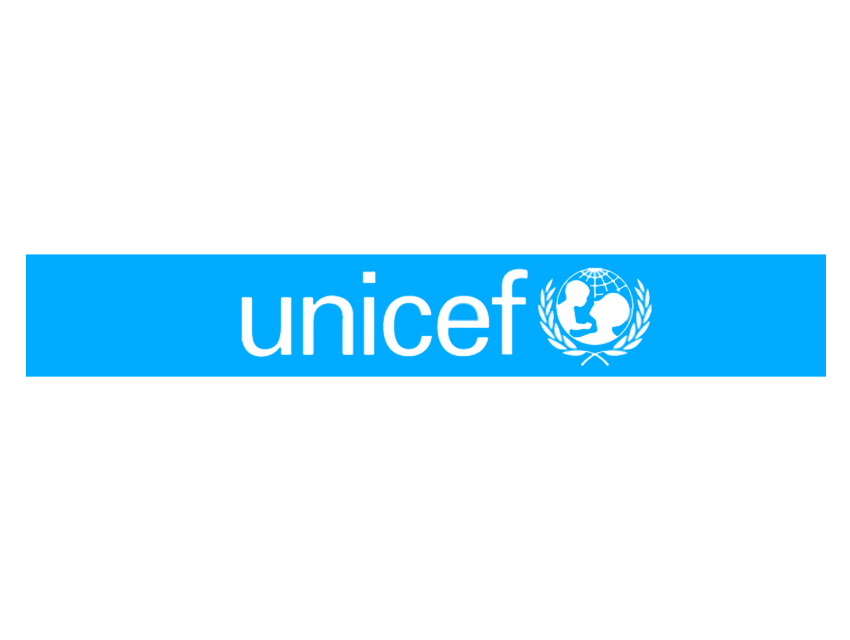UNICEF stresses early childhood care
Kathmandu, January 11
In a bid to increase awareness about the importance of the first 1,000 days of a child’s life and the impact of early experiences on the developing brain, United Nation’s Children Fund launched a new campaign ‘Early Moments Matter’ in New York yesterday.
The UN agency said brain cells can make up to 1,000 new connections every second – once-in-a-lifetime speed in the first 1,000 days of the child’s life. These connections contribute to children’s brain function and learning, and lay the foundation for their future health and happiness.
“A lack of nurturing care – which includes adequate nutrition, stimulation, love and protection from stress and violence – can impede the development of these critical connections,” reads the statement issued by the UNICEF.
The campaign also aims to drive demand for quality, affordable early childhood development services and to urge governments to invest in programmes targeting the most vulnerable children.
The government has launched Multi-sectoral Nutrition Plan to scale up maternal and child nutrition situation.
The Ministry of Health had also launched ‘Golden 1000 Days’ public awareness campaign to bring positive changes in the key behaviours of mothers, caretakers (including husbands) and the whole family so that proper attention is given to the importance of nutritious diet, care, child stimulation, immunisation, hygiene and growth monitoring during the first 1000 days of a child’s life.
UNICEF said investment in early childhood is one of the most cost effective ways of increasing the ability of all children to reach their full potential – increasing their ability to learn in school and, later, their earning capacity as adults. “This is especially significant for children growing up in poverty,” reads the statement.
UNICEF also urged the government to increase investments in early childhood, expand health and social services offered to young children, and strengthen support services for parents and caregivers.






